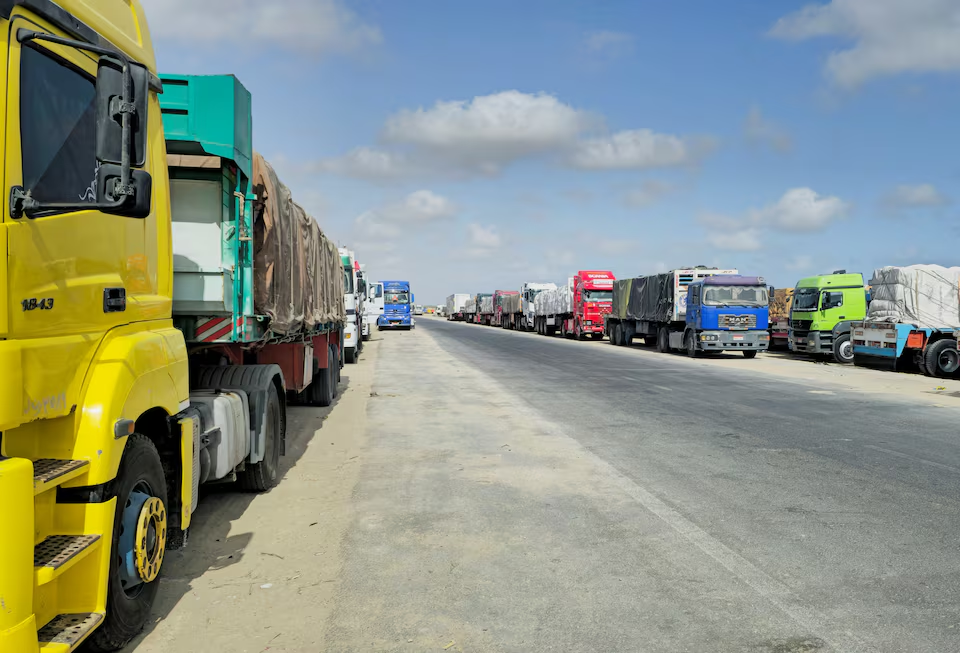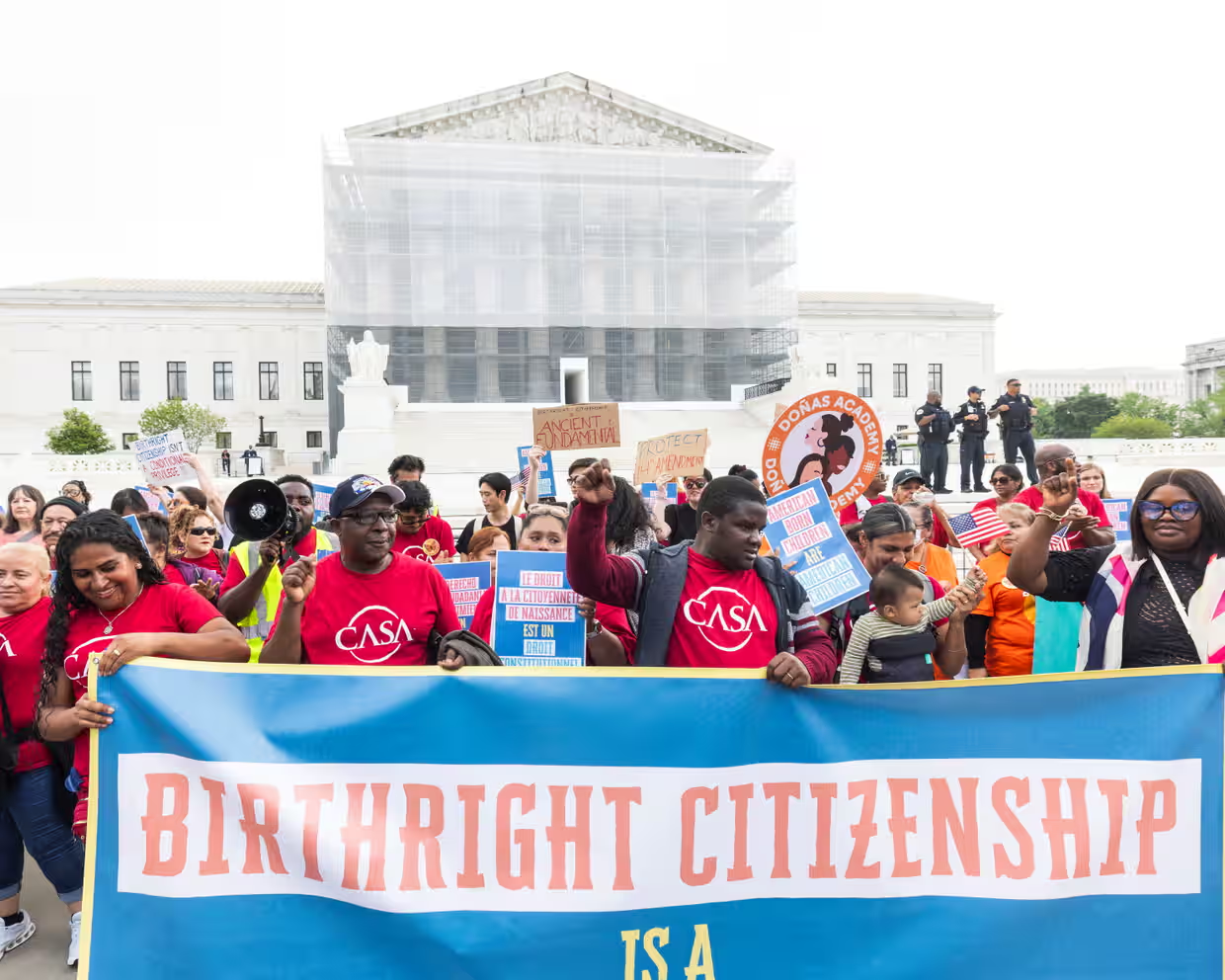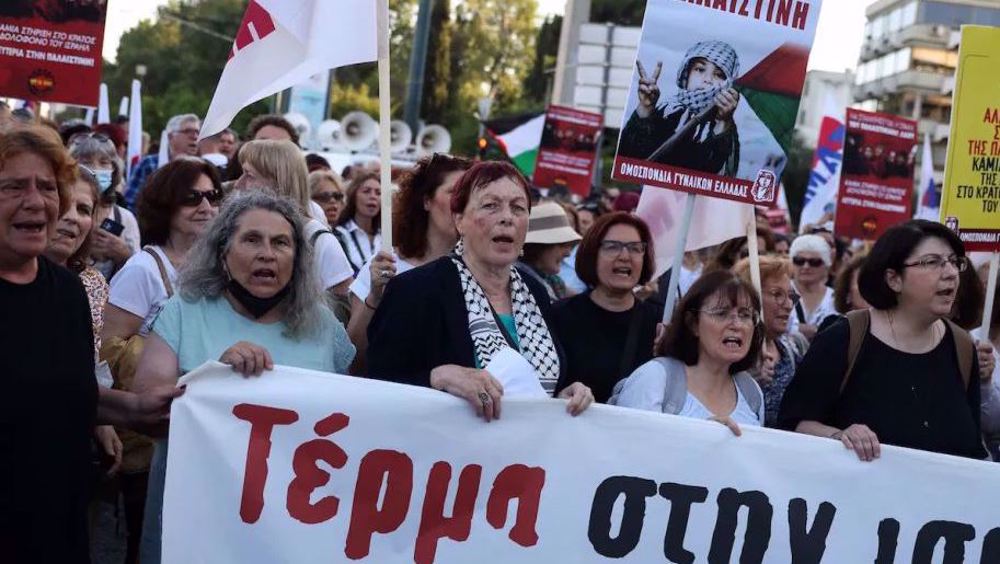French Foreign Minister Stéphane Séjourné on Tuesday, May 20, 2025, criticized Israel’s recent steps to ease humanitarian access to Gaza, calling them “insufficient” in the face of a worsening humanitarian disaster and ongoing military operations in the besieged Palestinian enclave.
During a joint press conference in Paris with Jordanian Foreign Minister Ayman Safadi, Séjourné acknowledged that Israel had opened some border crossings and allowed additional convoys of aid trucks into Gaza, but argued that the current measures “do not meet the scale of the needs.”
“We welcome all efforts to facilitate humanitarian access, but the reality on the ground demands much more. The flow of aid is still far too limited, and lives are being lost every day because of it,” Séjourné said.
Gaza remains in the grip of a crippling humanitarian crisis, with more than 53,000 Palestinians killed and nearly 80% of the population displaced since Israel launched its offensive in response to Hamas’s October 2023 attacks. Essential services such as water, electricity, medical care, and food distribution have collapsed, and aid organizations are warning of imminent famine conditions in multiple parts of the territory.
France’s comments add to mounting international pressure on Israel to allow broader and more sustained humanitarian access. The United Nations, NGOs, and several countries — including Spain, Ireland, and Turkey — have all called on Israel to lift blockades and allow unhindered delivery of food, fuel, and medicine.
Israel maintains that it is working to expand humanitarian corridors, including through the Kerem Shalom and Erez crossings, and has recently allowed aid to enter through newly established checkpoints with coordination from international agencies. However, officials continue to cite security concerns over Hamas diverting or exploiting aid as justification for stringent controls.
“We are facilitating as much aid as possible, while ensuring it does not fall into the hands of Hamas terrorists,” said Israeli government spokesperson Eylon Levy.
But humanitarian groups counter that bureaucratic delays, inspection bottlenecks, and restricted access to northern Gaza are preventing timely and effective delivery of aid. Doctors Without Borders and the International Red Cross have described catastrophic conditions inside hospitals, with widespread malnutrition, untreated wounds, and a surge in waterborne diseases.
In Paris, Jordan’s Foreign Minister Safadi joined Séjourné in urging Israel to end hostilities and prioritize civilian protection.
“This war cannot continue without obliterating the last remnants of life in Gaza,” Safadi said. “We need a ceasefire. We need open borders. We need dignity restored to the Palestinian people.”
France has been a vocal critic of the escalation in Rafah, where over a million Palestinians are sheltering after being displaced multiple times. Séjourné repeated his government’s warning that any ground offensive in Rafah would trigger an “unacceptable humanitarian catastrophe” and reiterated that international humanitarian law must be upheld.
The latest criticism follows a joint statement by France, the UK, and Canada earlier this week urging Israel to halt its military campaign in Rafah and reconsider the scope of its operations. That statement warned of potential diplomatic consequences if Israel fails to adjust its strategy in line with international norms.
Meanwhile, the Biden-Trump transition diplomacy on the issue remains opaque. While both U.S. administrations have pushed for increased aid access, neither has publicly endorsed France’s stronger language or taken concrete steps to pressure Israel on aid policy.
With Gaza’s humanitarian infrastructure on the brink of collapse, and ceasefire negotiations at a standstill, France’s remarks reflect a growing urgency among international actors to isolate the humanitarian dimension of the conflict and prevent further civilian suffering.
As Séjourné concluded:
“We cannot remain silent as children starve, hospitals collapse, and humanity is extinguished one airstrike at a time. The world must act — and act now.”
Source; Reuters



